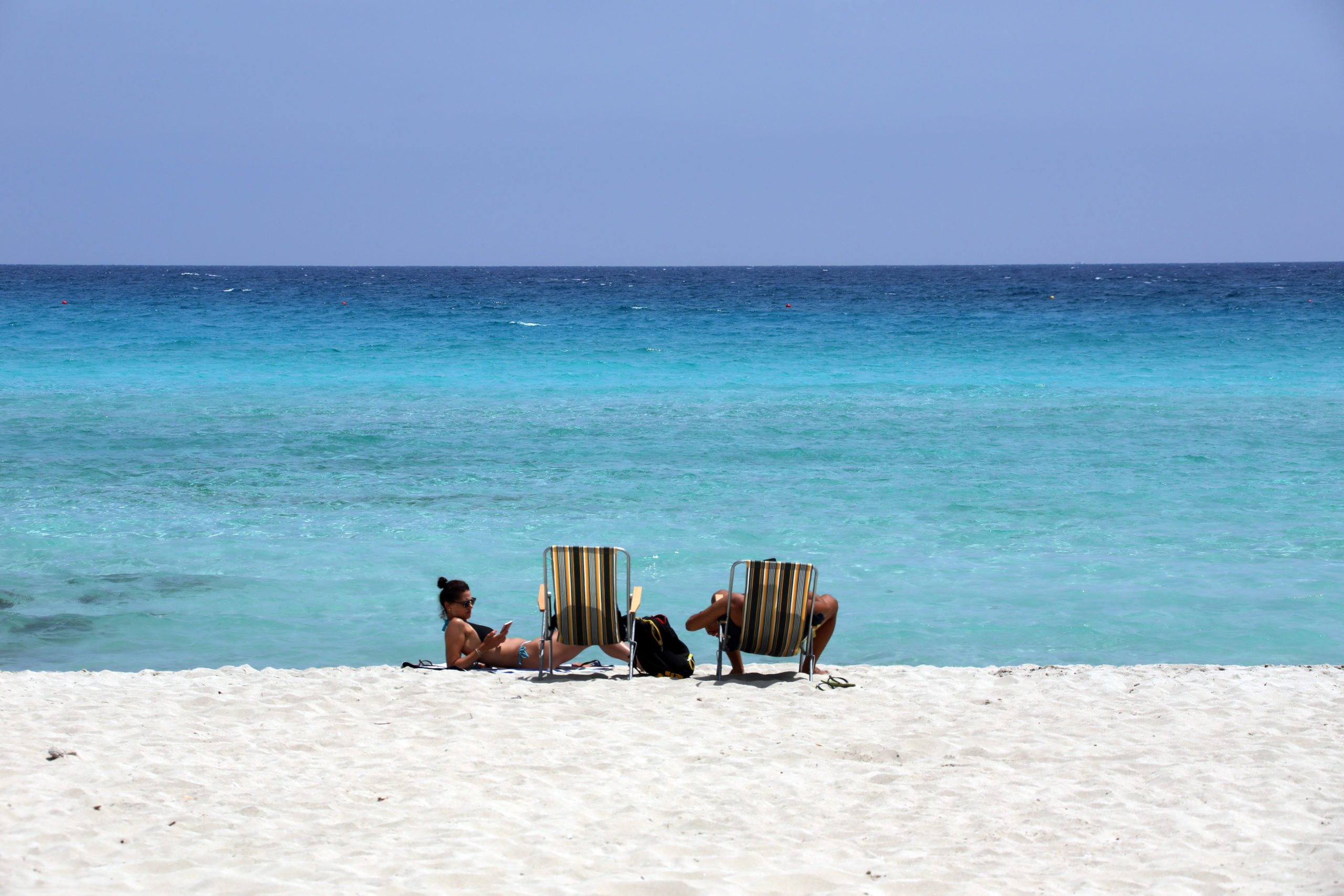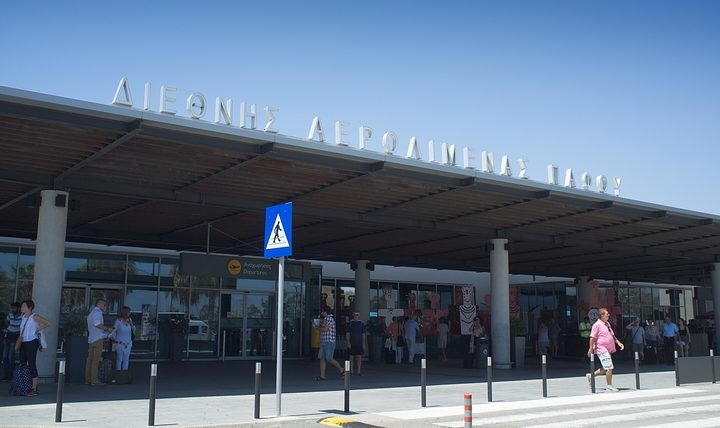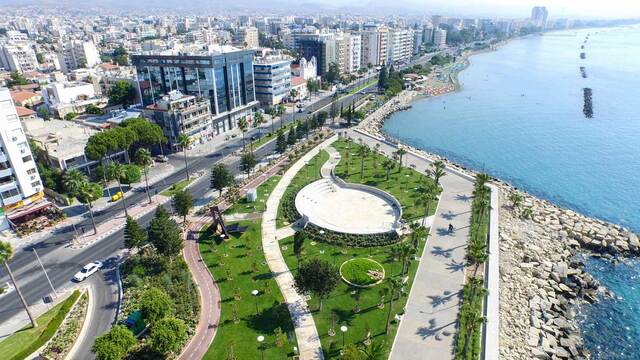By Natalie Leonidou
Coronavirus has scarred Cyprus’ economic landscape with lockdown and travel restrictions hurting tourism with many hotels struggling to stay afloat as tourists stay away.
The abrupt border closure and the enforcement of the lockdown measures hurt hotels, travel agencies and the hospitality sector.
This prompted a profound economic shift and heightened uncertainty in the key sector of tourism.
Even with the opening of borders to low-risk COVID-19 countries and the introduction of incentives by the government to support the tourism sector, quick recovery in 2020 is ruled out.
Despite efforts to tackle the spread of coronavirus, hoteliers grapple with the related uncertainties and ongoing losses, protesting that a sustainable recovery is unpredictable.
Philokypros Roussounides, Director General of the Cyprus Hotel Association said: “The tourist industry functions eight to 10 months ahead of schedule, before the summer season. However, with the [emergence of the COVID-19] tourism can change [now] from day to day”.
The tourist industry is a lucrative business and it contributes substantially to the economy.
In 2019 the number of tourists arrivals reached a record 3.9 million, generating direct revenue of €2.78 bln.
In the same year, the accommodation and food service sectors contributed 7% to the country’s GDP.
Last August, the number of tourist arrivals were over half a million, with the revenue generated reaching €431.6 mln.
The stream of income derived mainly from the UK and Russia, which contribute around 33% and 20% to Cypriot tourism, respectively.
However, both of those countries are still considered high-risk destinations and are not allowed entry as tourists.
This not-so-bright outlook has already been foreseen by hoteliers, who fear that cancellations will be prolonged until the end of August 2020.
Chrysostomos Papageorgiou, general manager of Navarria Hotel, a three-star lodge in Limassol, said tourists coming from the UK consist a main source of income.
“The hotel guests comprise more than 70% of British tourists. However, under the current circumstances, tourists residing in the UK are not permitted to visit the island”.
He added: “This summer has not indicated any signs for an outlook. The cancellation [from reservations] in the hotel is until August 15…tourists will only be at 15-20% of previous years.”
The COVID-scarred tourist sector raises major concerns, such as accumulation of debts, increased fixed costs and major cash flow problems.
Paphos, one of the most popular destinations for British tourists, is experiencing a ‘difficult year’.
Paphos Mayor Phedon Phedonos: “The period from April to June has already been lost, due to the COVID19 pandemic, while prospects for the remaining period remain unclear.
No one knows how the situation will develop and whether there will be a satisfactory (under the circumstances) tourist flow”.
The global outbreak, immediate sealing of national borders and the curtailment of movement has shaken the industry profoundly.
An early sign of this was in March 2020, when tourism arrivals plunged by 73.5% when Cyprus introduced a commercial flight ban.
In May, the European Commission predicted a 60-80% drop in tourist arrivals.
This summer, the tourist sector is trying to introduce incentives to attract foreign tourists and local holidaymakers.
Roussounides said local tourism in Cyprus constitutes only 7% of overall tourism.
“We would like to open as many hotels and to accommodate as many tour operators in Cyprus, as possible.
Even if we have suffered losses, we have strengthened our relationships with them [tour operators].”
Fixed costs, such as the priority given to health and safety will rise to ensure the right measures are taken.
“Health and safety protocols are followed, and a health and safety environment is well established and scrutinized.”
Better next year
The outcome of tourism does not only depend exclusively on the country’s decision to lift the restrictions, but it also depends on the steps taken to tackle the outbreak in other countries.
There is optimism within the tourism industry that 2021 will show substantial signs of recovery.
“We hope and wish, the situation in the tourism industry will return close to normal levels by 2021.
Sales of tourist packages for next year appear to be encouraging, which allows us to be optimistic,” said Phedonos.
“The issue of how the public will react both in the European markets – mainly in the United Kingdom and Russia – and whether it will confirm expectations for a return to pre-COVID19 normalcy remains,” He added.
Paphos Municipality expects a reduction of revenues of at least 25% this year.
Steps have been taken to mitigate the losses incurred in the hotel industry under a special scheme implemented by the government.
The scheme intends to assist hotels and tourist accommodations financially provided they lost 40% of their turnover in June and July.
The financial assistance covers 90% of the staff and the subsidies cover 60% of their wages.
“The government assisted financially… it was obliged to help because they told us to close,” Papageorgiou said.
Cyprus is one of the countries with relatively low rates of coronavirus transmission and new cases.
“Of course, Cyprus’ epidemiological condition is now excellent, and our country is considered a safe and quality destination.
This fact, together with the support measures taken by the government and local authorities, allow a certain optimism that the year has not been entirely lost,” Phedonos said.
Natalie Leonidou is a chartered accountant and regular contributor to the Financial Mirror [email protected]










